As electric vehicles continue their rapid ascent in the automotive world, some of the pioneering models might face the chop. While these cars have played significant roles in the electric revolution, changing market dynamics and evolving consumer preferences could see them disappear by 2027. Let’s delve into six electric vehicles that may soon bid us farewell.
1. Tesla Model 3
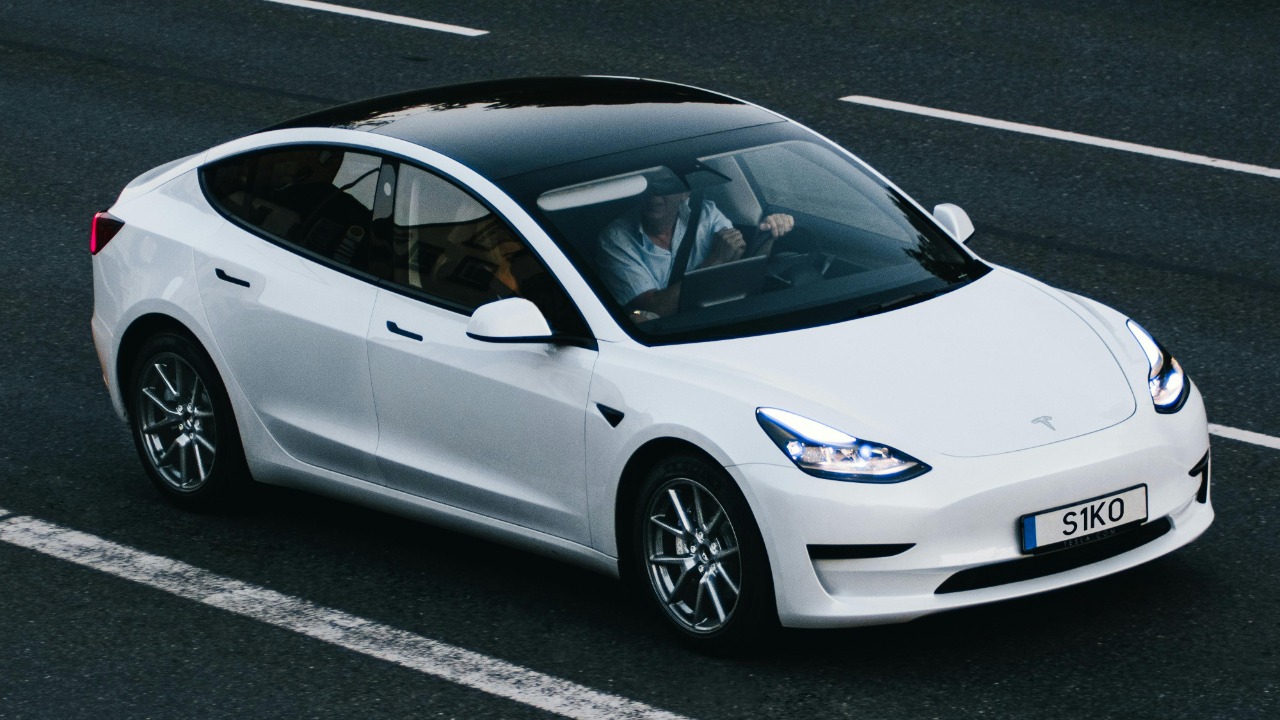
The Tesla Model 3 has been a dominant force in the EV market, but its fate might not be as secure as it seems. With new models and technologies emerging, Tesla may shift its focus to its more advanced offerings. Additionally, increasing competition from other manufacturers could pressure Tesla to phase out this model in favor of more innovative designs.
2. Nissan Leaf
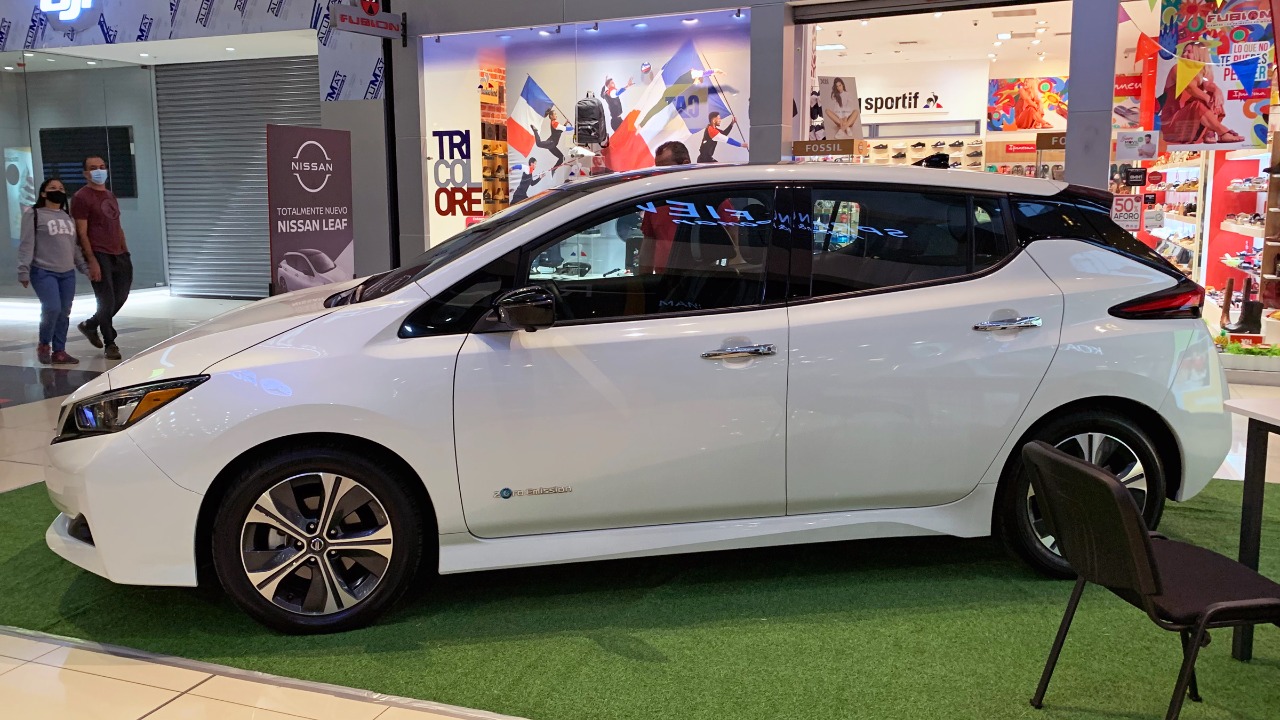
The Nissan Leaf was one of the first widely recognized electric cars, but it may struggle to keep its place in the market. Despite its early success, the Leaf’s range and features have been eclipsed by newer models. As affordable electric cars with longer ranges and better technology become more prevalent, Nissan might decide to retire the Leaf in favor of more competitive options.
3. BMW i3
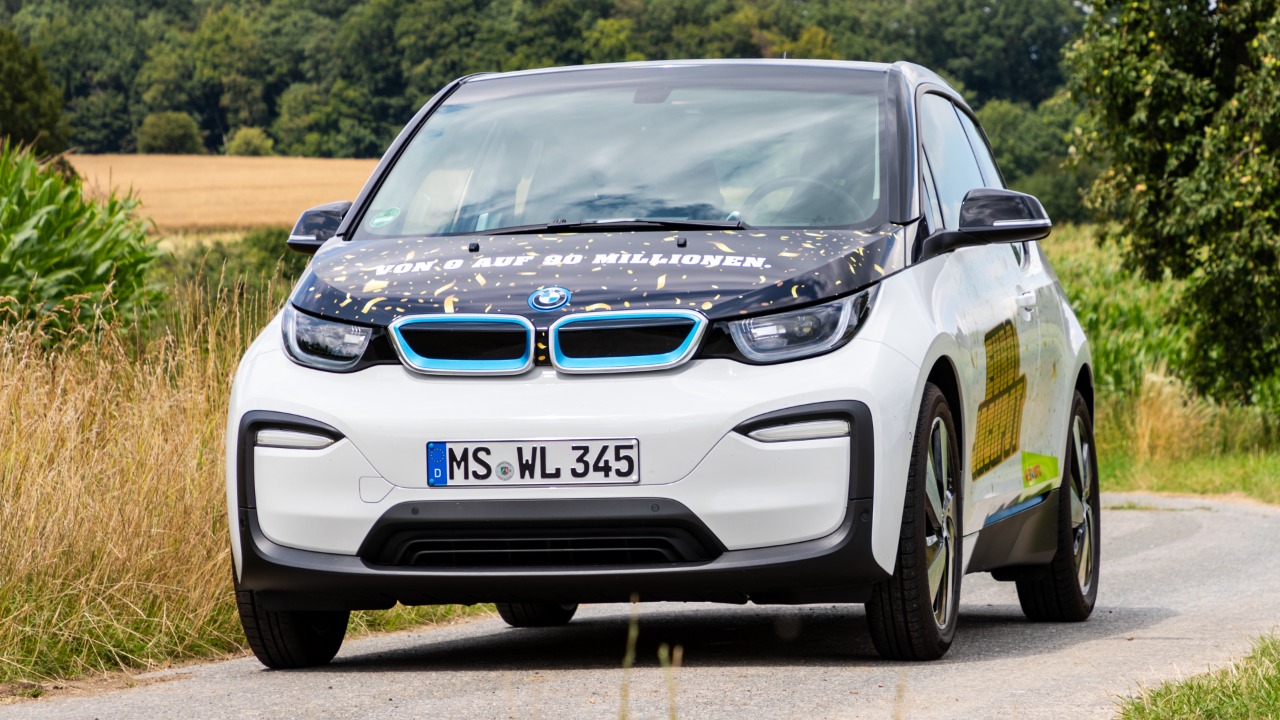
The quirky design of the BMW i3 set it apart, but its future is uncertain. The i3’s limited range and high price have been criticized, and BMW is already focusing on more mainstream electric models. The shift in consumer demand towards SUVs and larger vehicles also suggests that the i3’s days could be numbered as the brand evolves its lineup.
4. Chevrolet Bolt EV
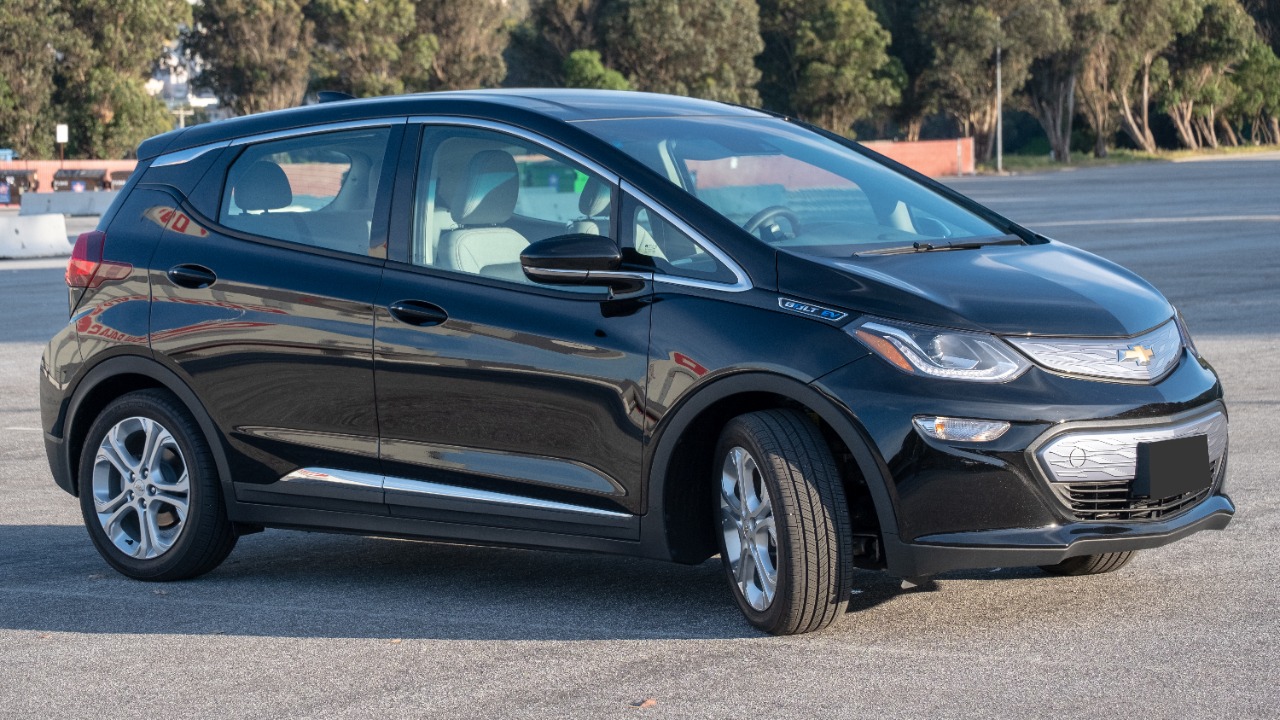
Although the Chevrolet Bolt EV was designed to be an affordable electric option, it has faced several setbacks, including battery-related recalls. As electric vehicle sales are forecasted to hit 30 million by 2027, Chevrolet might opt to invest in new technologies and models, potentially making the Bolt a casualty of progress.
5. Ford Mustang Mach-E
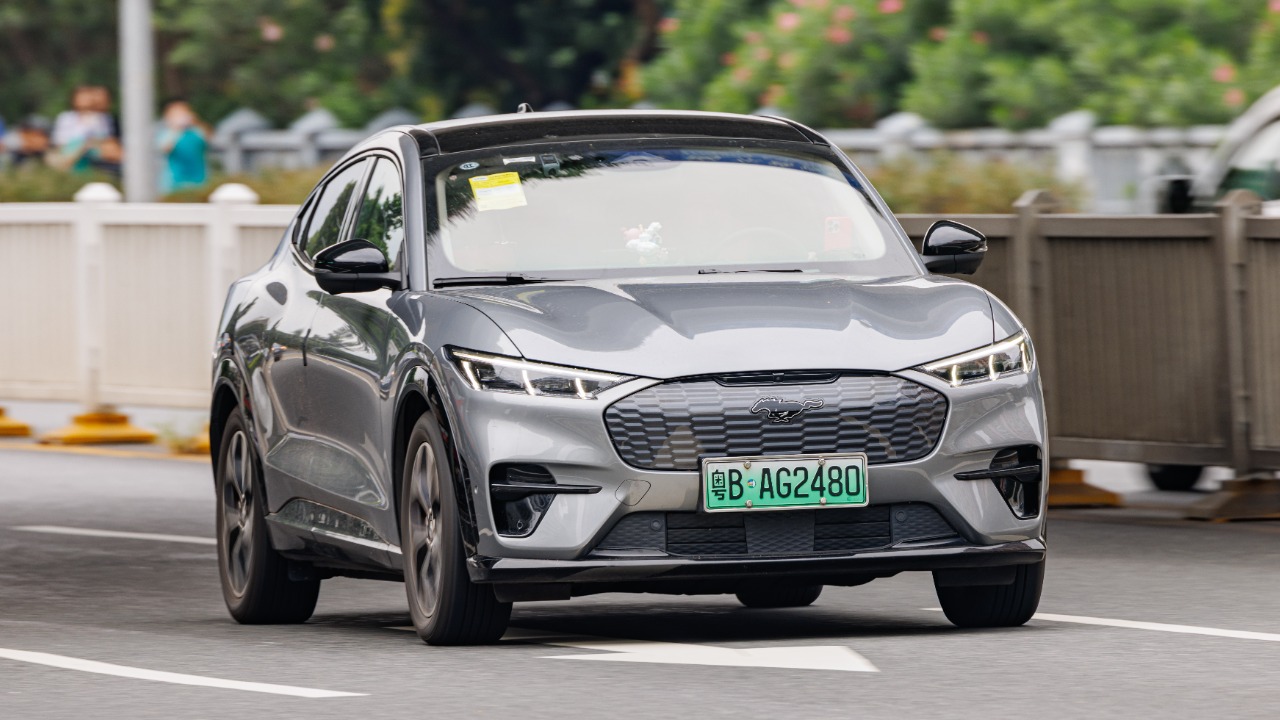
The Ford Mustang Mach-E has been a bold attempt to electrify an iconic brand, but its long-term viability is not guaranteed. While it has received favorable reviews, Ford may need to reconsider its strategy as it balances heritage with innovation. As the market trends towards more futuristic designs and features, the Mach-E may be replaced by newer, more advanced models.
6. Audi e-tron
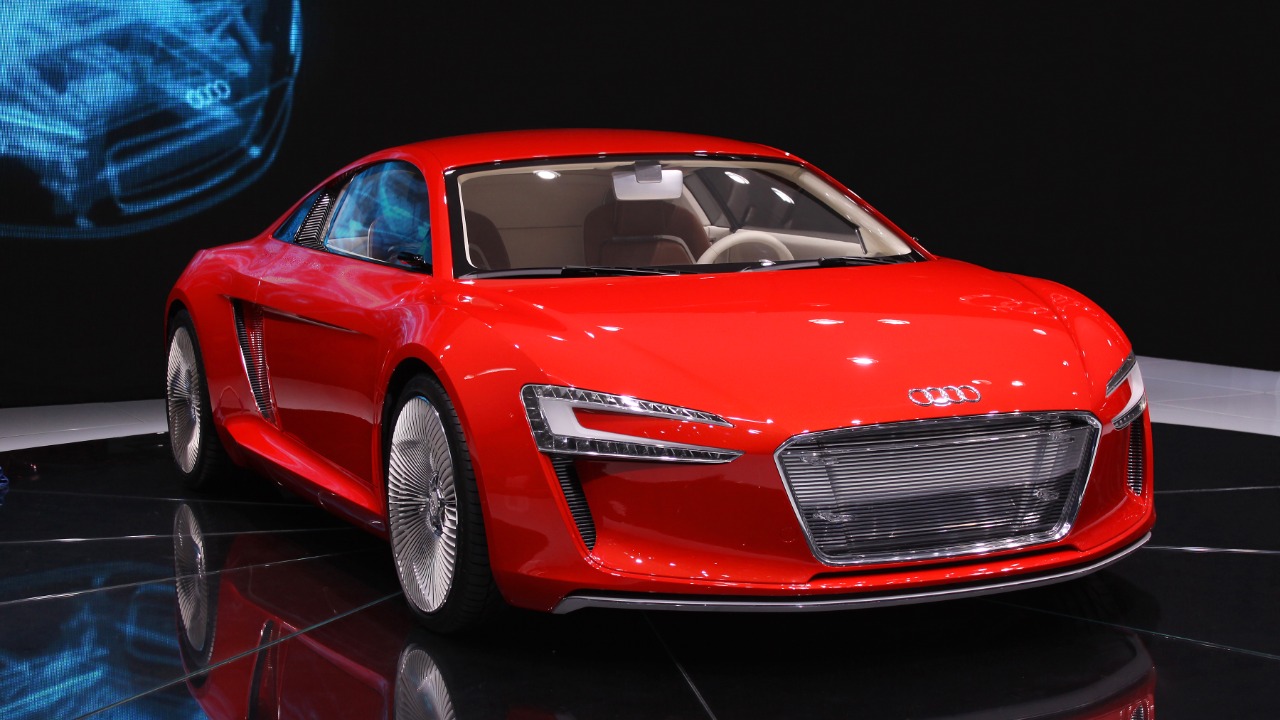
The Audi e-tron has made strides in luxury EV offerings, but it faces stiff competition from both traditional luxury brands and new entrants. With electric cars finding their next gear, Audi might decide to pivot towards more versatile and efficient models, potentially phasing out the e-tron in favor of cutting-edge alternatives.